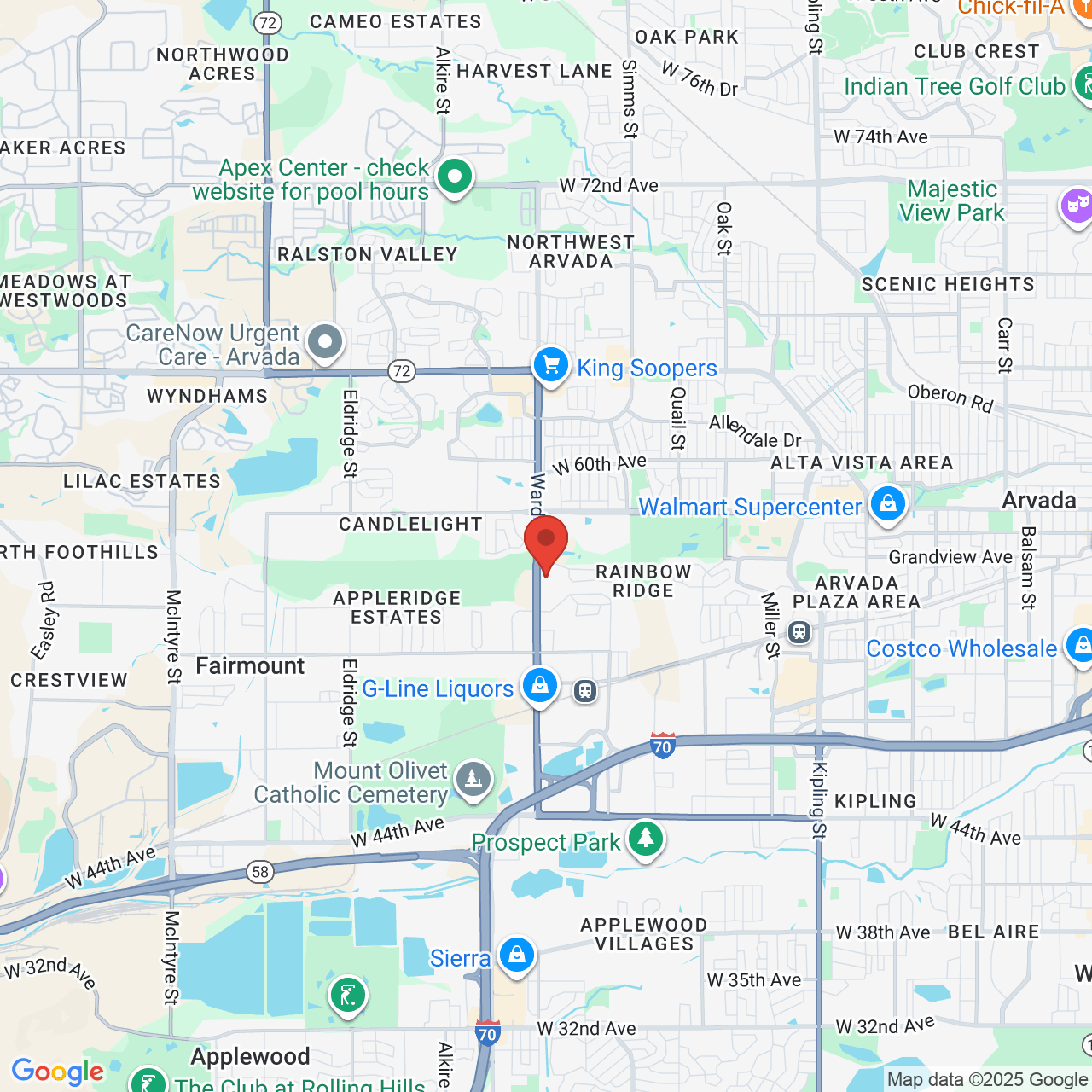Avoid Unnecessary Tooth Extractions
An aching tooth can sometimes be a sign of a severe infection. If it has spread too deep, our team at Ward Road Dental can perform a root canal procedure to remove necrotic tissue and eliminate pain.
Although this method is rarely painful, our team offers a number of sedation options to minimize potential discomfort, including nitrous oxide and oral conscious sedation. At our Arvada, CO, practice, Dr. Christopher Gillette and his team are dedicated to providing patients with the most effective, high-quality care available.
Why Treating Infected Teeth is Important
If infection is present anywhere inside the oral cavity, it can spread quickly. Oral bacteria can not only compromise gum tissue and nearby teeth, but can also spread to the rest of your body through the bloodstream. If the teeth or gums are infected, it is important to address the issue as quickly as possible to prevent more serious health complications, both orally and systemically.

Root Canal Treatment Process
Contrary to popular assumption, root canal therapy does not cause much discomfort. In fact, the very nature of the procedure removes the source of infection and pain.
During your first meeting with Dr. Christopher Gillette, he will perform a comprehensive assessment of your teeth, gums, and surrounding structures. He can take a series of x-rays and scans to evaluate the health of your jawbone and determine the severity of the infection. If it is too advanced to treat, he may recommend a root canal procedure.
To begin the procedure, he will first administer a local anesthetic and the sedation of your choice to ensure your comfort. Next, he will create a small access hole in the chewing surface of the tooth. Through this opening, he can remove the infected tissue. Once it is completely cleared out, he can disinfect the chamber and wash out any debris. He will then fill up the empty canals with a rubbery material called gutta percha and seal off the tooth with a dental filling and crown.
Contrary to popular assumption, root canal therapy does not cause much discomfort.
While this procedure typically only takes one visit, a more severe infection may require a second appointment. For example, if there is significant bacterial invasion, Dr. Gillette may seal the tooth with a filling and then allow about a week of healing before placing the final crown.
Why Not Extract the Tooth?
As dental professionals, we are well-equipped to extract teeth and place implants when necessary. However, we prefer to save natural teeth whenever it is feasible to minimize changes to the jaw. By performing root canal therapy, the tooth root is left intact. The root will, in turn, stimulate the nerves within the jaw and prevent bone atrophy over time. Compared to extraction, root canal therapy is a consequently much more conservative treatment, as it only requires a dental crown for full restoration.
Eliminate Painful Infections
If you are experiencing signs or symptoms of a dental infection, a root canal procedure is often more conservative than an extraction. To schedule a consultation at our practice, call our office at (303) 420-4001 or contact us online anytime.

